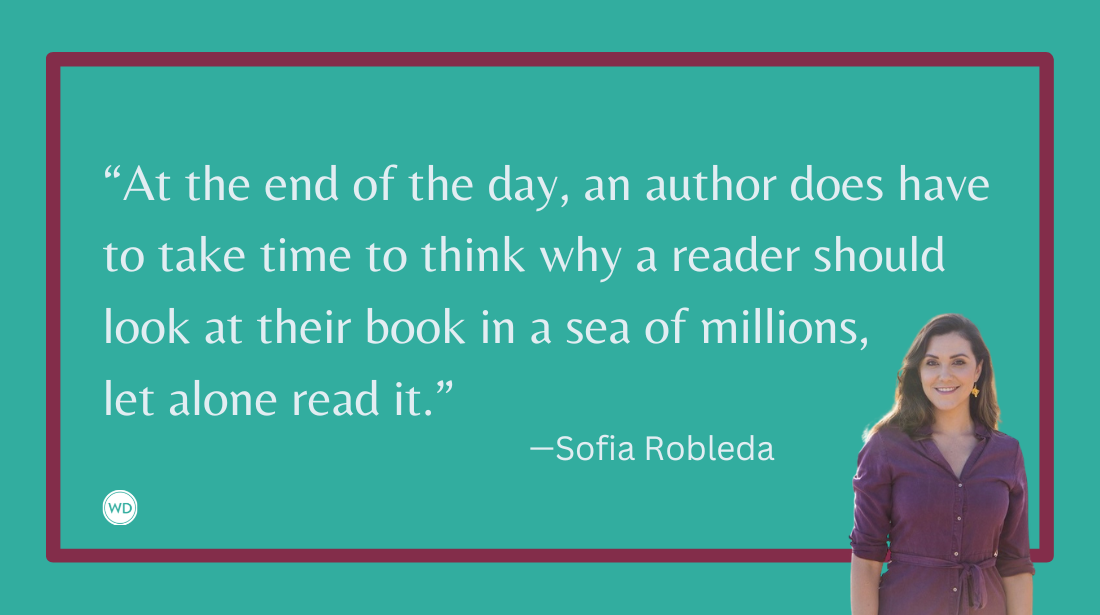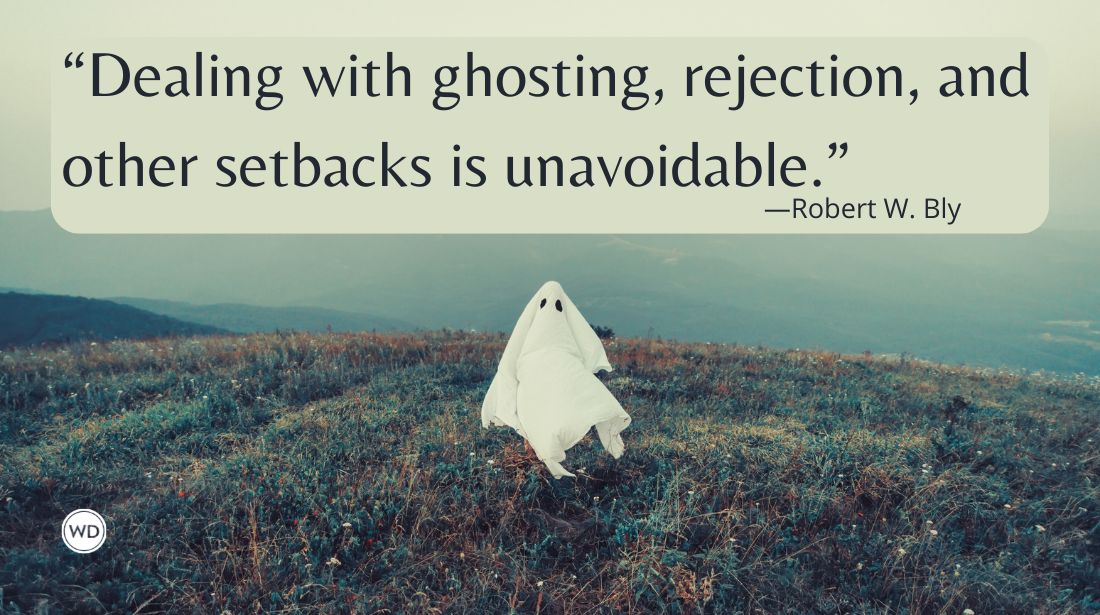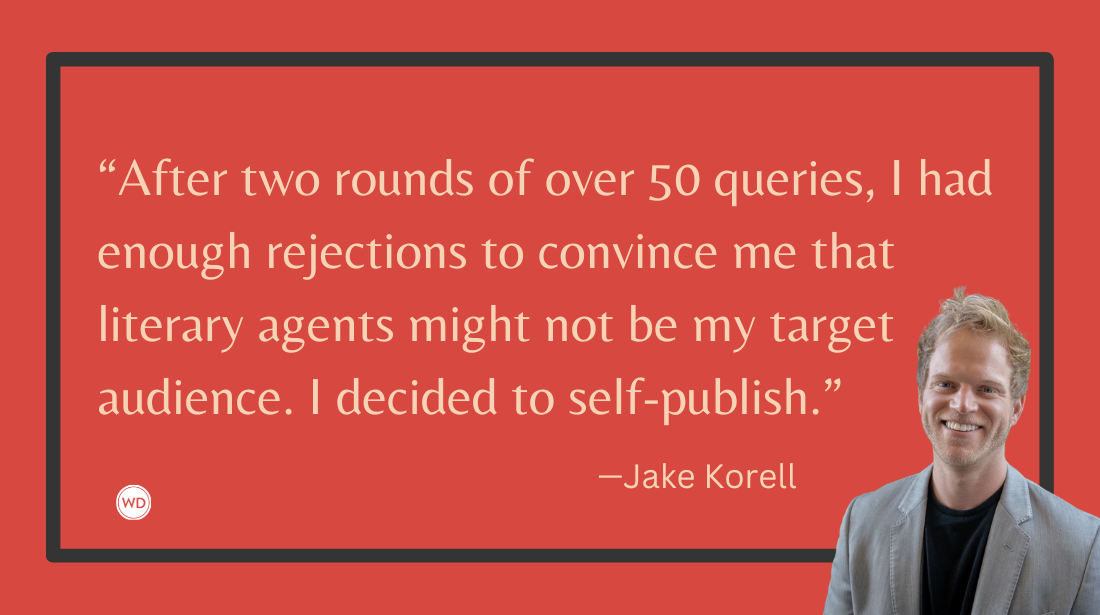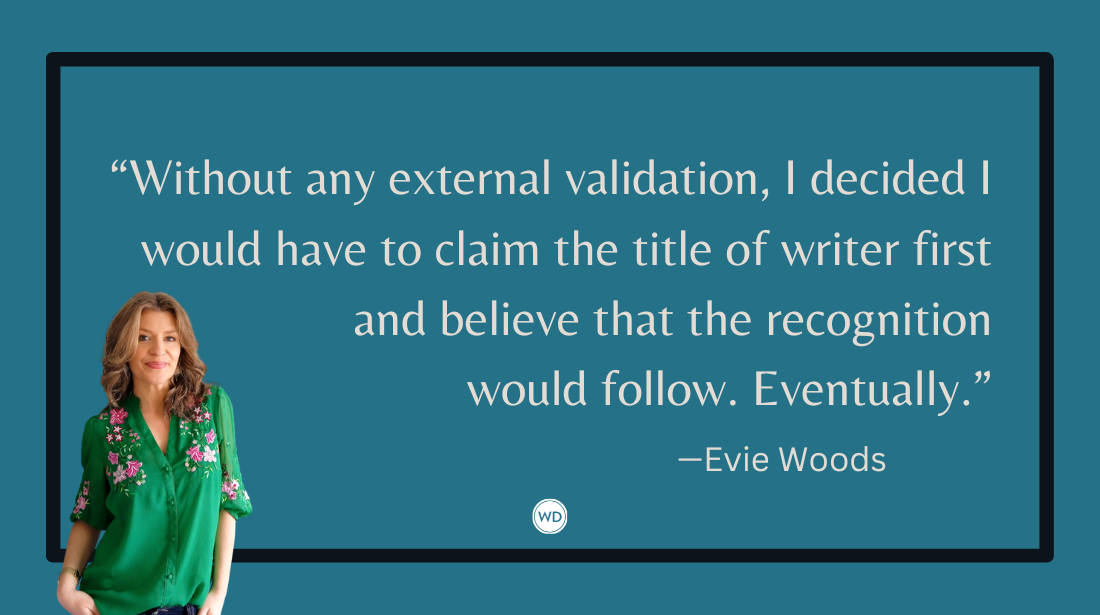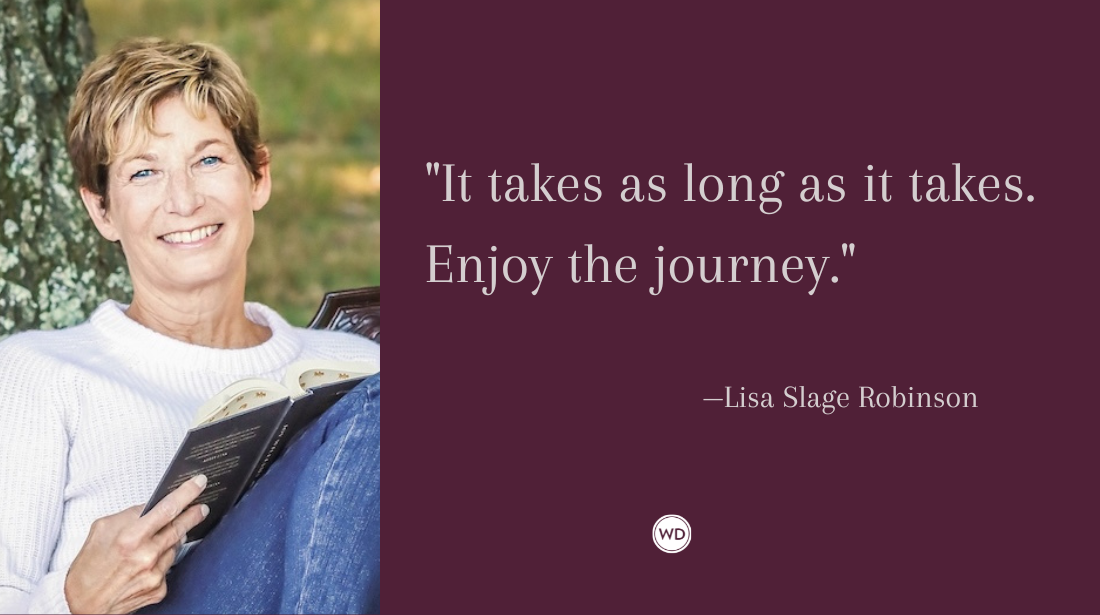Breaking In: Interview With Whiteout Conditions Author Tariq Shah
Read our full Breaking In interview with Tariq Shah about his debut novel, Whiteout Conditions, from Two Dollar Radio.
The synopsis of the novel Whiteout Conditions (Two Dollar Radio, March 2020) by Tariq Shah has me hooked: "Ant is a death worshiper returning home to Illinois after a long absence to attend the funeral of a friend’s young cousin who suffered a violent death, and as the situation deteriorates amid a nasty bit of weather, he reckons with his roots."
A death worshiper at a funeral? I need to see where this goes, so I'm going to buy Whiteout Conditions from an indie bookstore that's still taking online orders. Here's my interview with Tariq Shah about his debut literary fiction release.
Where do you write from?
Brooklyn, New York.
Briefly, what led up to this book? What were you writing and getting published before breaking out with this book?
I was writing/submitting/publishing poems and short stories in literary journals prior to this book’s acceptance.
What was the time frame for writing this book?
The idea first began as a series of poems that occurred to me while I was working on my MFA thesis. That original thesis idea fell apart over winter break, and I came back to that poem idea and reimagined it as a work of fiction. The first draft was written in a few months, and then revised and refined over the course of a few more.
How did your book deal from Two Dollar Radio come about?
I don’t have an agent. I submitted the manuscript during Two Dollar Radio’s open reading period. A year and a day after submitting, I received an email from Eric (one of the co-founders) asking if the book had been picked up, and after speaking with him on the phone a few days later, we got to work on readying the manuscript for publication.
What were your biggest learning experiences throughout the publishing process?
Working with TDR’s editors to open up the story, deepen the characters, and enrich the text as a whole while keeping the book true to its original spirit was a great learning experience for me. Additionally, the amount of attention and support I was given while revising was a pleasant surprise.
Looking back, what did you do right that helped you break in?
Two Dollar Radio has been a press that I have greatly admired for a long time; I had read a few of their books prior to submitting, and so felt I had a bit of a handle on what sort of literature they published, and I think that made a great difference.
On that note, what would you have done differently if you could do it again?
Top-to-bottom, it has been a true pleasure working with Two Dollar Radio. Except for possibly submitting earlier, I don’t think I’d change anything.
What are you doing the build a platform and gain readership?
There is a website coming soon! I have been terribly neglectful of this aspect of the writing profession, to be honest. That said, I love doing readings/interviews/talks whenever possible, and so I try reaching and deepening my audience through these channels.
What is the best piece of writing advice we haven’t discussed?
Write about what you can’t (or don’t) casually talk about, and stay true to your vision.
What’s next?
I’m working on a collection of poems and one of short stories as well.
Support debut author Tariq Shah by ordering your copy today.
[WD uses affiliate links.]
Learn more about Tariq Shah's experience as a debut author on the debut author panel at the 2020 Writer's Digest Annual Conference.





